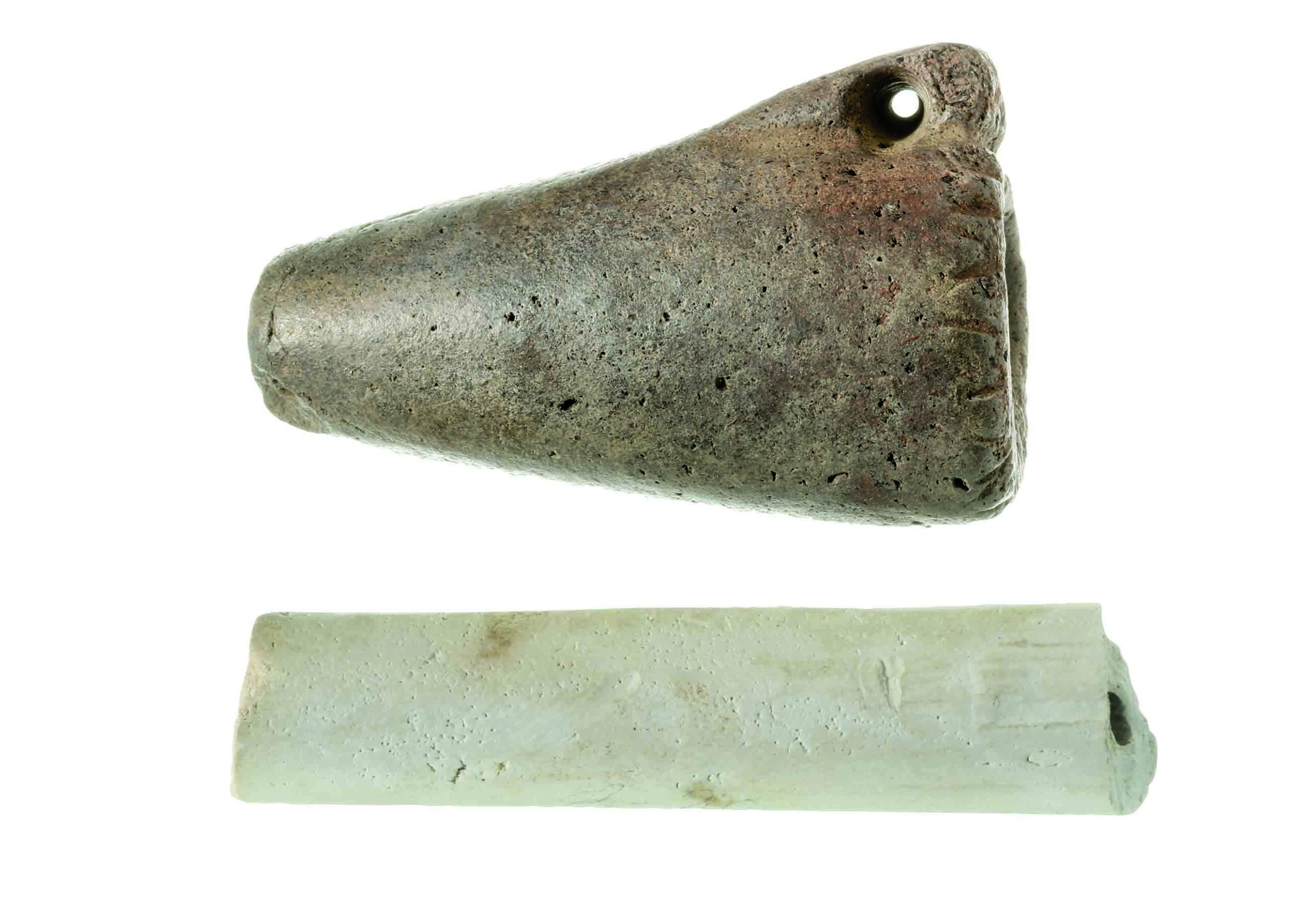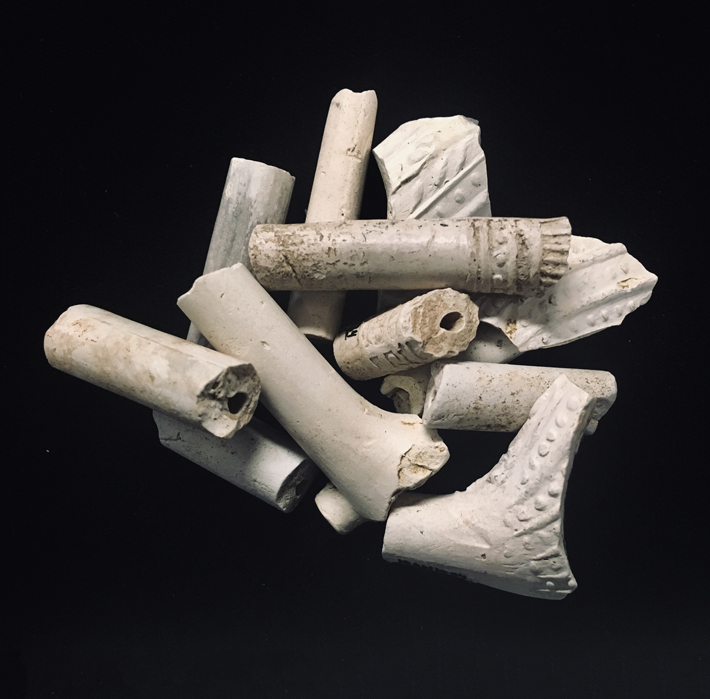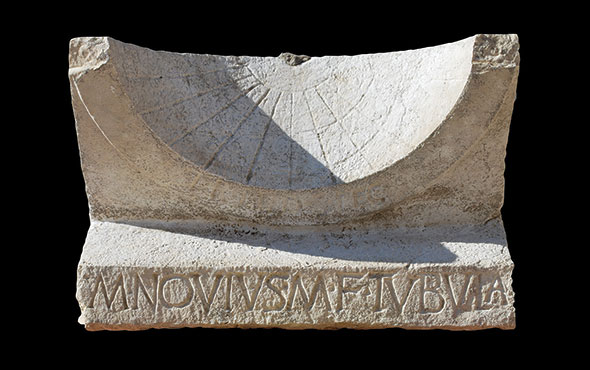
TROY, ALABAMA—The Cherokee One Feather reports that tobacco use in southeastern North America could date back 4,000 years, or about 1,500 years earlier than previously thought. Stephen B. Carmody of Troy University and his colleagues detected traces of nicotine in a smoking tube dated to the Late Archaic Period, when the residents of the Flint River archaeological site were beginning to domesticate plants. The smoking tube was unearthed in the late 1930s by Tennessee Valley Authority archaeologists in northern Alabama who conducted excavations before the area was submerged by the damming of the Tennessee River. For more on archaeology in the region, go to “Letter from Florida: People of the White Earth.”










